We’ve all experienced brain fog and the drowsiness that comes with getting too little sleep. But what exactly happens in our brain during sleep that prepares us for another day in the morning? To understand how the brain disposes of so-called “metabolic waste”, teams of researchers are working on a study with $2.8 million funding from the U.S. Army who is looking to combat sleep disorders among the military. The scientists’ ultimate aim is to develop a “sleeping cap” that would analyze how fluids within the brain may be flushing out toxic, memory-impairing proteins while you sleep. The sleeping cap that the researchers aim to create would be lightweight and portable, with the ability to both track and stimulate the flow of the cerebrospinal fluid. In this way, the researchers hope to be able to treat sleeping disorders as they happen. all experienced brain fog and the drowsiness that comes with getting too little sleep. But what exactly happens in our brain during sleep that prepares us for another day in the morning? To understand how the brain disposes of so-called “metabolic waste”, teams of researchers are working on a study with a $2.8 million funding from the U.S. Army who is looking to combat sleep disorders among the military. The scientists’ ultimate aim is to develop a “sleeping cap” that would analyze how fluids within the brain may be flushing out toxic, memory-impairing proteins while you sleep.
Get the latest international news and world events from around the world.

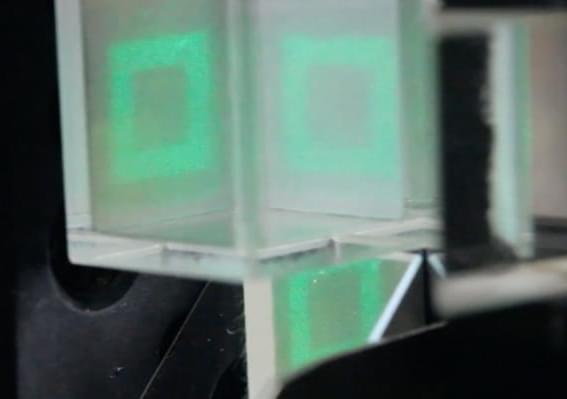
Holography-based 3D printing produces objects in seconds instead of hours
O,.o! Circa 2017
3D printers are useful devices for all kinds of reasons, but most have a critical weakness: they simply take a long time to actually make anything. That’s because additive manufacturing generally works by putting down an object one microscopic layer at a time. But a new holographic printing technique makes it possible to create the entire thing at once — in as little as a second or two.
Light-based 3D printing techniques generally use lasers to cause a layer of resin to harden in a pattern, but like extrusion printers, they have to do it layer by layer. If the laser shined all the way through the liquid resin, it would cause a big line of it to cure.
But what if you shined multiple weaker lasers through the resin, none of which was powerful enough to cure it except when they all intersected? That’s the technique developed by a team led by researchers at Lawrence Livermore National Laboratory.
The Real Reason Countries Are Going Back To The Moon
Discusses why people so interested about going back to the moon.
Rare earths, minerals, helium 3 etc. And it might be first come first serve.
Countries like China, the US, and Russia are setting their sights on the Moon. But is it purely for the advancement of mankind, or is there profit to be found? Mining for Helium-3, metals and rare-earths on the Moon might be closer than we expect. Astrum merch now available! Apparel: https://teespring.com/stores/astrum-space Metal Posters: https://displate.com/promo/astrum?art=5f04759ac338b.
SUBSCRIBE for more videos about our other planets.
Subscribe! http://goo.gl/WX4iMN
Facebook! http://goo.gl/uaOlWW
Twitter! http://goo.gl/VCfejs.
Astrum Spanish: https://bit.ly/2KmkssR
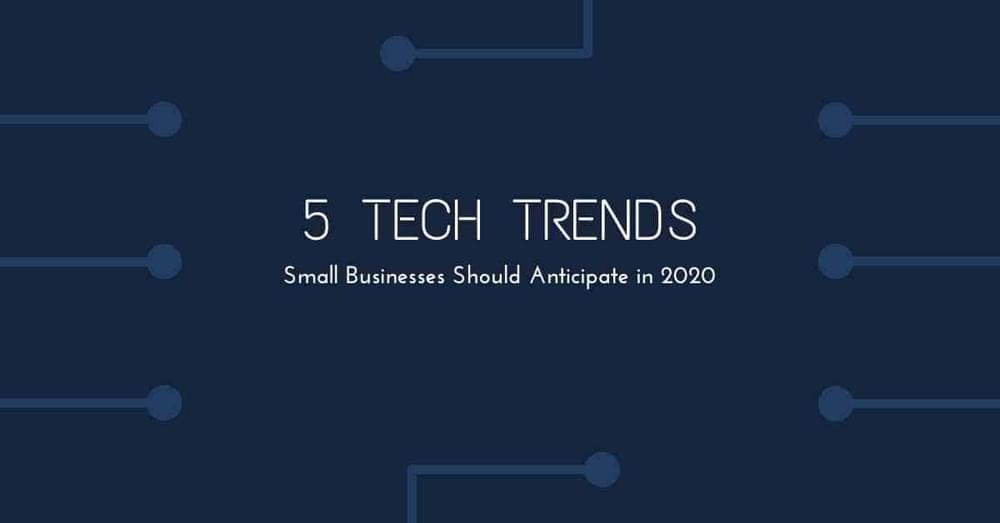
5 Tech Trends Your Small Business Can Utilize Daily
Technology is a critical component of company success. After all, it enables the management of data flow, the tracking of operations, the maintenance of personnel records, the enhancement of connection, and the improvement of customer assistance. Most importantly, it removes the need for human and physical resources in the majority of commercial activities…
This content isn’t available right now.
When this happens, it’s usually because the owner only shared it with a small group of people, changed who can see it or it’s been deleted.

‘Welcome To The Second Space Age’ Where Science Fiction Is Turning Into Reality
When I was a kid, the promise that ‘common’ people would someday get to space was more of a science fiction idea. We knew that it was on the table, but we never really expected it would turn into reality. ‘Commercial’ flights were depicted in movies, but people never found them convincing enough. However, I was, and still am, somewhat of a dreamer, and somewhere deep inside me, I always kept that promise close to my heart, where many of my motivations and ambitions come from.
SpaceX sparked my imagination when I first heard about it, and Elon Musk was a fantastic source of inspiration for what is to come. Then, as I grew older, things started to shape up, and we began hearing promises of Mars adventures, while commercial flights seemed to be put off for a while. I knew I would never be an ‘astronaut’ in the profound sense of the actual job because of my aspirations as a researcher and teacher rather than a professional pilot. Still, I always dreamt of reaching space during my lifetime.
Now, more than ever before, this thing has been achieved. ‘Civilians,’ or more accurately, an ‘all civilian’ crew has not only reached space but also stayed there for three days. Inspiration4 is the name of the mission, and rightly so, as it inspired everyone with its amazing achievement. For all of the crew members, it was the first flight ever.

The production of molecular positronium
Circa 2007
When intense positron bursts are implanted into a thin film of porous silica, di-positronium (Ps2) is created on the internal pore surfaces, providing experimental proof of the existence of the molecule. Using a more intense positron source, it may be possible to form a Bose–Einstein condensate of Psf2 molecules, which would be of significant fundamental interest and a milestone on the path to produce an annihilation gamma-ray laser.
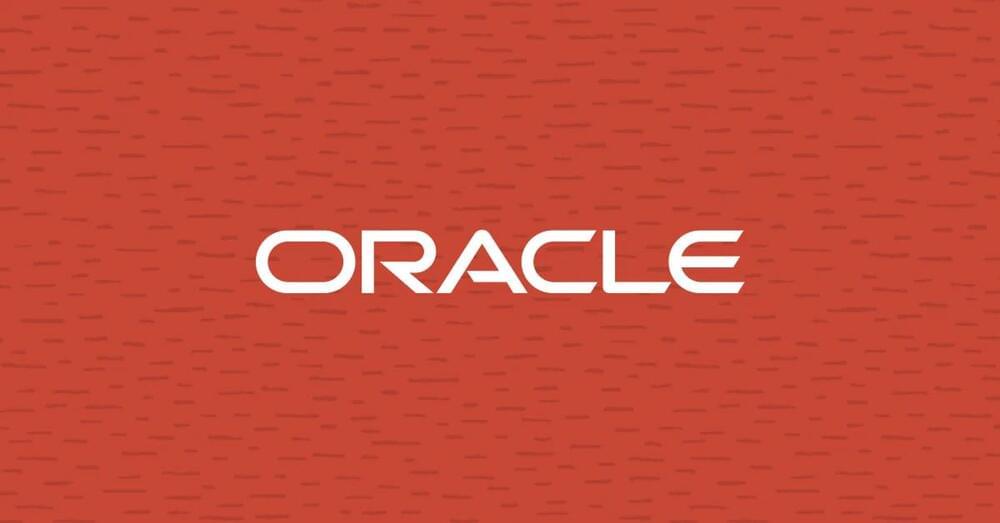
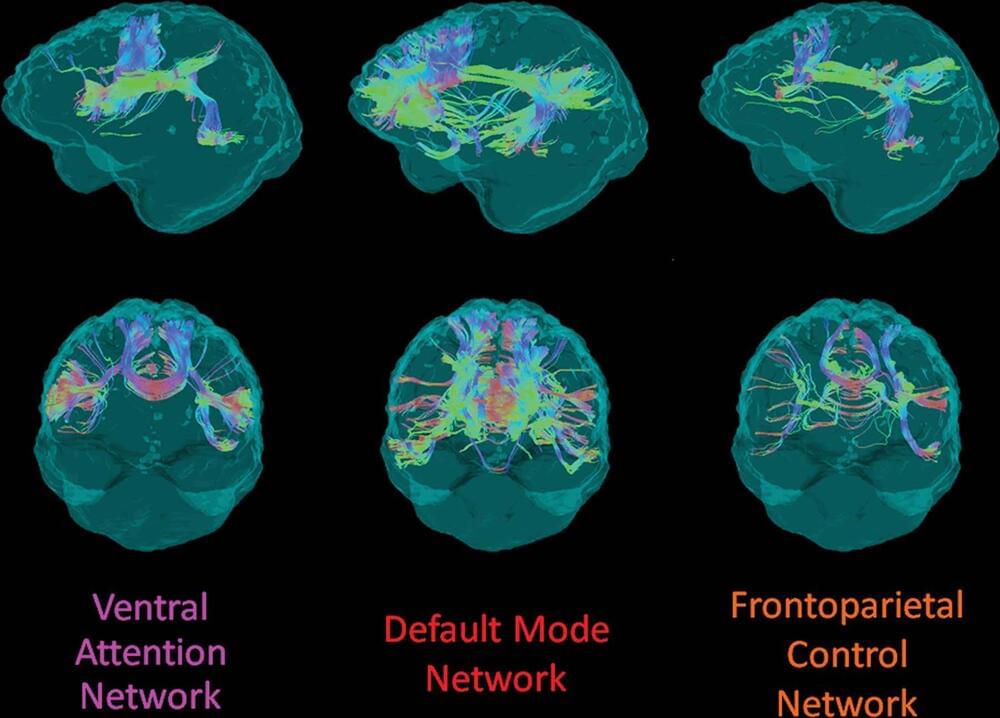
Brain’s White Matter Integrity Disrupted in People With Alzheimer’s Gene Mutation
The structural integrity of the brain’s white matter as measured with an advanced MRI technique is lower in cognitively normal people who carry a genetic mutation associated with Alzheimer’s disease than it is in non-carriers, according to a study in Radiology. Researchers said the findings show the promise of widely available imaging techniques in helping to understand early structural changes in the brain before symptoms of dementia become apparent.
People who carry the autosomal dominant Alzheimer disease (ADAD) mutation have a higher risk of Alzheimer’s disease, a type of dementia that affects about one in nine people in the United States. The mutation is linked to a buildup of abnormal protein called amyloid-beta in the brain that affects both the gray matter and the signal-carrying white matter.
“It’s thought that the amyloid deposition in the gray matter could disrupt its function, and as a result the white matter won’t function correctly or could even atrophy,” said study lead author Jeffrey W. Prescott, M.D., Ph.D., neuroradiologist at the MetroHealth Medical Center in Cleveland.
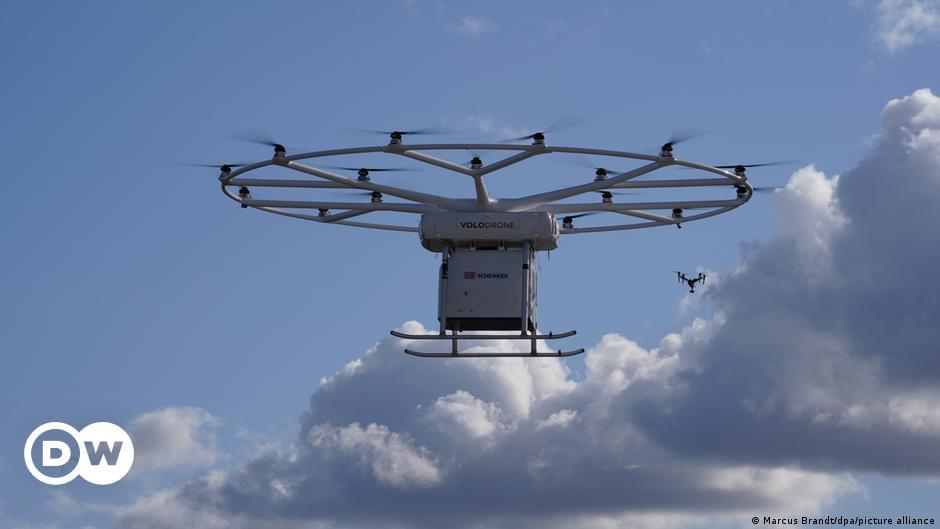
Germany: Heavy-duty drone takes first flight in Hamburg
German air taxi manufacturer Volocopter launched a self-developed heavy-duty drone in public for the first time on Tuesday at the ITS World Congress in Hamburg.
In cooperation with German logistics provider DB Schenker, the company demonstrated the integration of the VoloDrone into logistics supply chains.
The test flight, which lasted about three minutes, took place around the harbor area of the city in northern Germany. The ITS congress is an international digital transport event.